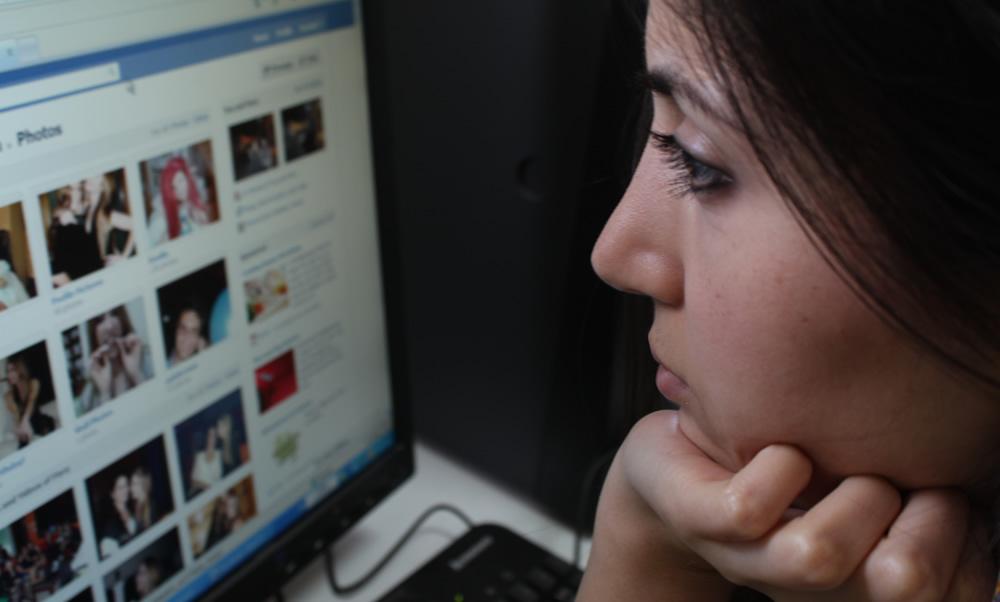
Does Facebook Make Sad?
“Grazing” in Facebook May Make Unhappy…
Hundreds of millions people are now actively using social media phenomenon Facebook today, with some estimates even exceeding a billion. There are people who spend good part of the day by communicating with friends they have found through this site, following the news, developments over it, sharing their thoughts, cultivating new friendships and relations. Yes, but how does being so intimately connected with the Facebook affect your mood? It all depends the way you use the site, social scientists say. According to some studies, if the use of the social network triggers feelings of jealousy, it could lead to symptoms depression in the users.
“Facebook can be a fun and healthy activity if users take advantage of the site to stay connected with family and old friends and to share interesting and important aspects of their lives,” says Margaret Duffy of the University of Missouri. “However, if Facebook is used to see how well an acquaintance is doing financially or how happy an old friend is in his relationship–things that cause envy among users–use of the site can lead to feelings of depression.”
According to Duffy and her former doctoral student Edson Tandoc who co-authored the study, postings about expensive vacations, new houses and cars, happy relationships can cause feelings of jealousy which may ultimately cause depression among those who “graze” in the web to compare their achievements with those of others.
The findings of the study conform with those of an earlier one conducted by the Michigan University psychologist ethan Kross.
In the experiment designed by Kross and his team, participants came to the office of the researchers five times a day for two weeks to use their Facebook accounts in line with the researchers’ instructions for active sharing or passive browsing. In the end, no changes were recorded throughout the day in the moods of those connecting to the social web for situation updates, content sharing or messaging with others. In contrast, those requested to use the site passively without contributing anything; just to watch their friends’photos in moments of happiness, or to read messages traded between others were found to be negatively affected by the experiment
But the researchers have a word for the saddened users: Since presenting oneself in a positive light is a prime motivation for the use of social media, do not forget that most of the users “idealize themselves” and reflect only things that speak positively of them in thir accounts.
REFERENCES
- 1. “If Facebook use causes envy, depression could follow”, University of Missouri-Columbia, 3 February 2015
- 2. “Will Facebook Make You Sad? Depends How You Use It”, Science Online, 30 May 2014
